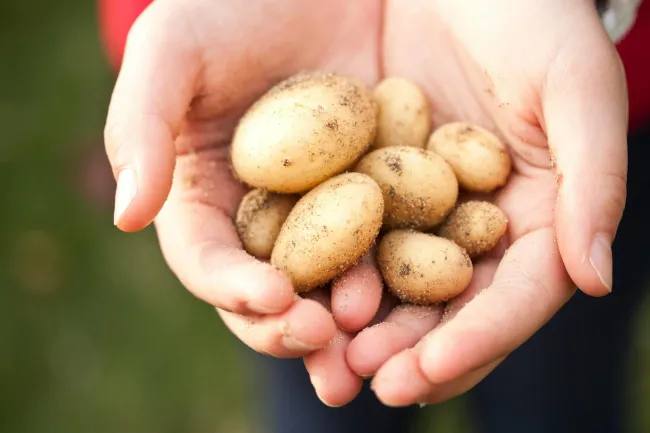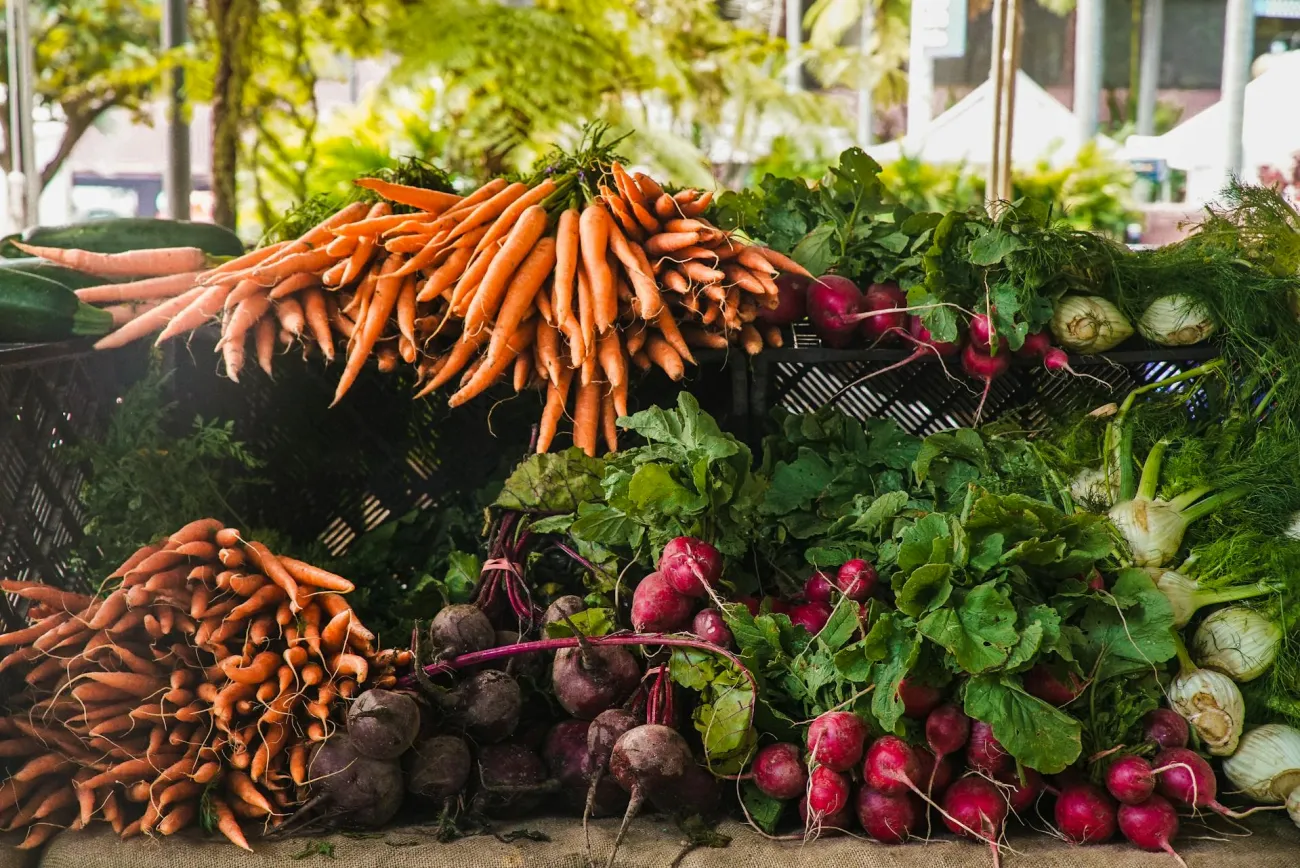Researchers built a dataset providing the energy, nutritional and monetary cost of 20 food categories in France, and contrasted it with the environmental impacts. Legumes, potatoes and whole grains were less expensive and less impactful whereas meats were most impactful and expensive. Dairy and eggs had intermediate costs and impact.

Abstract
The aim of this study was to explore how the choice of a functional unit (FU) influences the environmental and economic rankings of food categories. For each adult in the latest French national dietary survey (n = 2121), we built a dataset providing the energy and nutritional content, environmental impacts (14 metrics) and monetary cost of 20 food categories as consumed. The cost and environmental impacts of each food category were expressed for each individual according to 4 general FUs (1 kg, 100 kcal, 1 portion, 1 nutritional quality unit) and 9 nutrient-specific FUs (e.g., 50 g of proteins), and categories were ranked according to their median impact or cost. Cost and environmental rankings of food categories differed according to the FU (especially with nutrient-specific ones). Despite such heterogeneous rankings, some results were generally consistent: compared to other food categories, legumes, potatoes and whole grains were less expensive and less impacting, meats (especially ruminant ones) were more expensive and more impacting, and dairy and eggs had intermediate cost and environmental impacts. By providing a wide overview of different “metric × FU” situations, this study contributes to answering the important question of the right FU to use when evaluating the sustainability of food.
Reference
Florent Vieux, Matthieu Maillot, Corinne Marmonier, Anthony Rouault, Marlène Perignon, Nicole Darmon, Relative environmental impacts and monetary cost of food categories: Functional unit matters, Ecological Economics, Volume 234, 2025, 108620, ISSN 0921-8009,
Read more here. See also the TABLE explainer, Meat, metrics and mindsets: Exploring debates on the role of livestock and alternatives in diets and farming




Comments (0)